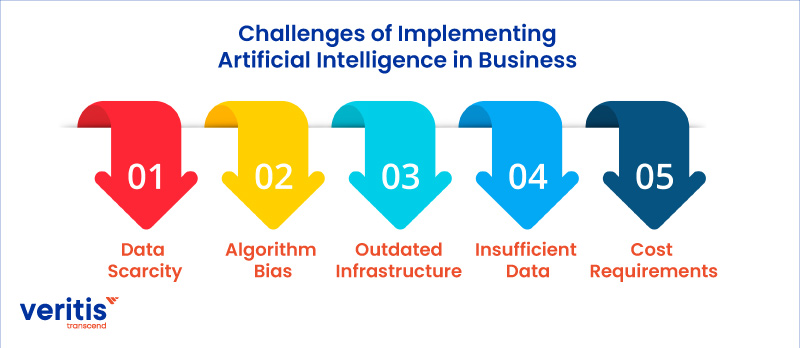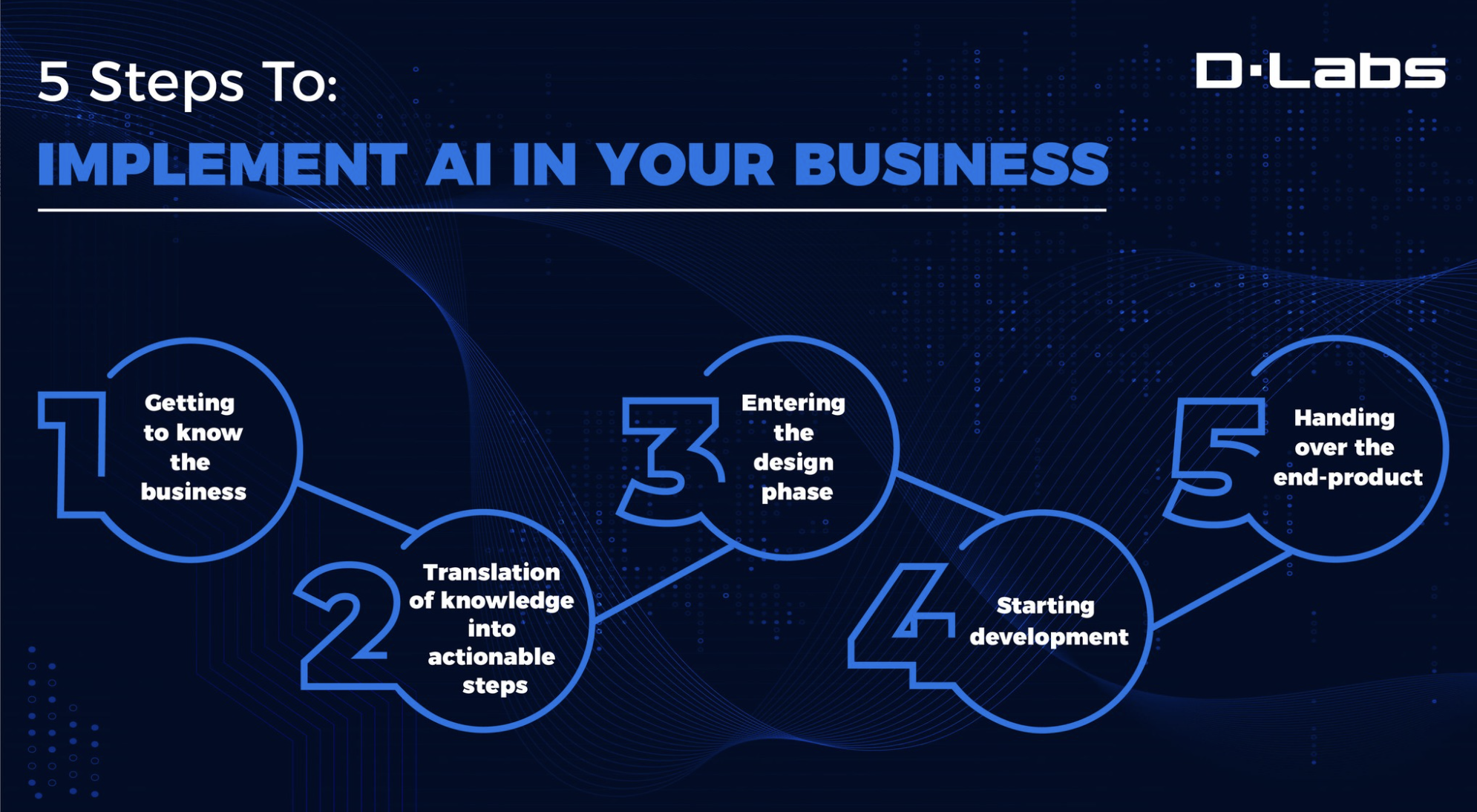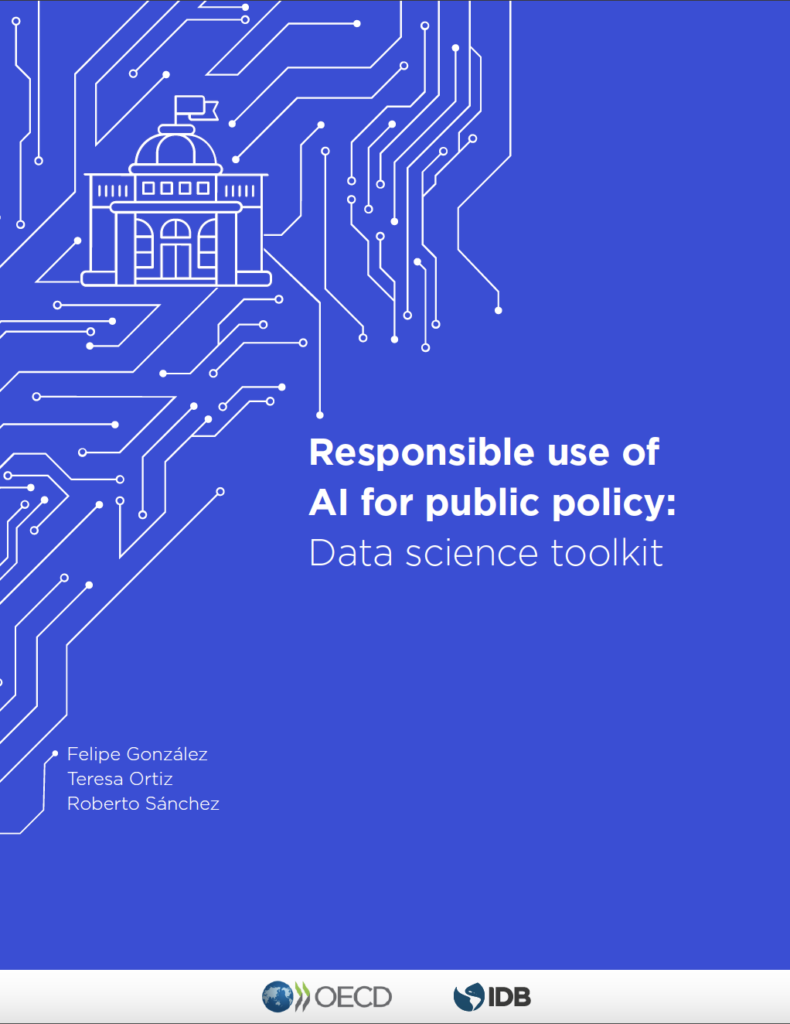WATCH: OpenAI co-founder Sam Altman testifies on AI competition...
OpenAI CEO Sam Altman and executives from Microsoft and chipmaker Advanced Micro Devices testified on Capitol Hill about the biggest opportunities, risks, and needs facing an industry that lawmakers and technologists agree could fundamentally transform global business, culture, and geopolitics.
The hearing comes as the race to control the future of artificial intelligence is heating up between companies and countries.  Altman's OpenAI is in a furious race to develop the best artificial intelligence model against tech rivals like Alphabet and Meta, as well as against those developed by Chinese competitors.
Altman's OpenAI is in a furious race to develop the best artificial intelligence model against tech rivals like Alphabet and Meta, as well as against those developed by Chinese competitors.
"I believe this will be at least as big as the internet, maybe bigger," Altman said in his opening remarks about AI's potential to transform society.  "For that to happen, investment in infrastructure is critical." Altman urged senators to help usher in the "dual revolutions" of artificial intelligence and energy production that "will change the world we live in, I think, in incredibly positive ways."
"For that to happen, investment in infrastructure is critical." Altman urged senators to help usher in the "dual revolutions" of artificial intelligence and energy production that "will change the world we live in, I think, in incredibly positive ways."
Global Competition and Policy Streamlining
The witnesses included Altman; Lisa Su, chief executive of semiconductor maker AMD; Michael Intrator, co-founder of AI cloud computing startup CoreWeave; and Brad Smith, vice chair and president of Microsoft. The four executives unanimously urged lawmakers to help streamline policy for AI-related projects and fundraising.
The hearing spanned topics ranging from industry debates over chip performance, jobs, human relationships, and power generation to grander questions about the global competition with China and the European Union.
"China aims to lead the world in AI by 2030," said Sen. Ted Cruz, chair of the Senate Commerce, Science, and Transportation Committee. "In this race, the United States is facing a fork in the road. Do we go down the path that embraces our history of entrepreneurial freedom and technological innovation? Or do we adopt the command and control policies of Europe?"
 Senators were broadly sober in their questioning and united in their concern that the U.S. maintain its dominance in artificial intelligence. Lawmakers from both parties also raised concerns over cybersecurity, data privacy, and AI's ability to create content that could confuse or mislead people.
Senators were broadly sober in their questioning and united in their concern that the U.S. maintain its dominance in artificial intelligence. Lawmakers from both parties also raised concerns over cybersecurity, data privacy, and AI's ability to create content that could confuse or mislead people.
Challenges and Opportunities
Despite some partisan fighting, the hearing maintained a low-key tenor and some bipartisan joking as lawmakers and executives discussed the potential of a technology all present agreed would determine humanity's future.
 Several of the executives warned against U.S. export controls that could end up pushing other countries toward China's AI technology.
Several of the executives warned against U.S. export controls that could end up pushing other countries toward China's AI technology.
Trade rivalry between the U.S. and China has been weighing heavily on the AI industry, including California-based chipmakers Nvidia and AMD.
The day before the hearing, Altman visited the Abilene, Texas, site of the massive Stargate data center project being built for OpenAI in collaboration with Oracle and other partners. The site was chosen for its potential access to a variety of energy resources, including wind and solar power.
Regulatory Framework and Energy Consumption
Altman drew a direct connection between the ability of the U.S. to attract global talent and sell its products globally to national security and its international influence. "The leverage and the power the U.S. gets from having iPhones be the mobile device people most want, and Google being the search engine that people most want around the world is huge," Altman said.
While the tech industry has long relied on data centers to run online services, new AI technology behind popular chatbots and generative AI tools requires even more powerful computation to build and operate.
A report released by the Department of Energy estimated that the electricity needed for data centers in the U.S. tripled over the past decade and is projected to double or triple again by 2028 when it could consume up to 12 percent of the nation's electricity.










